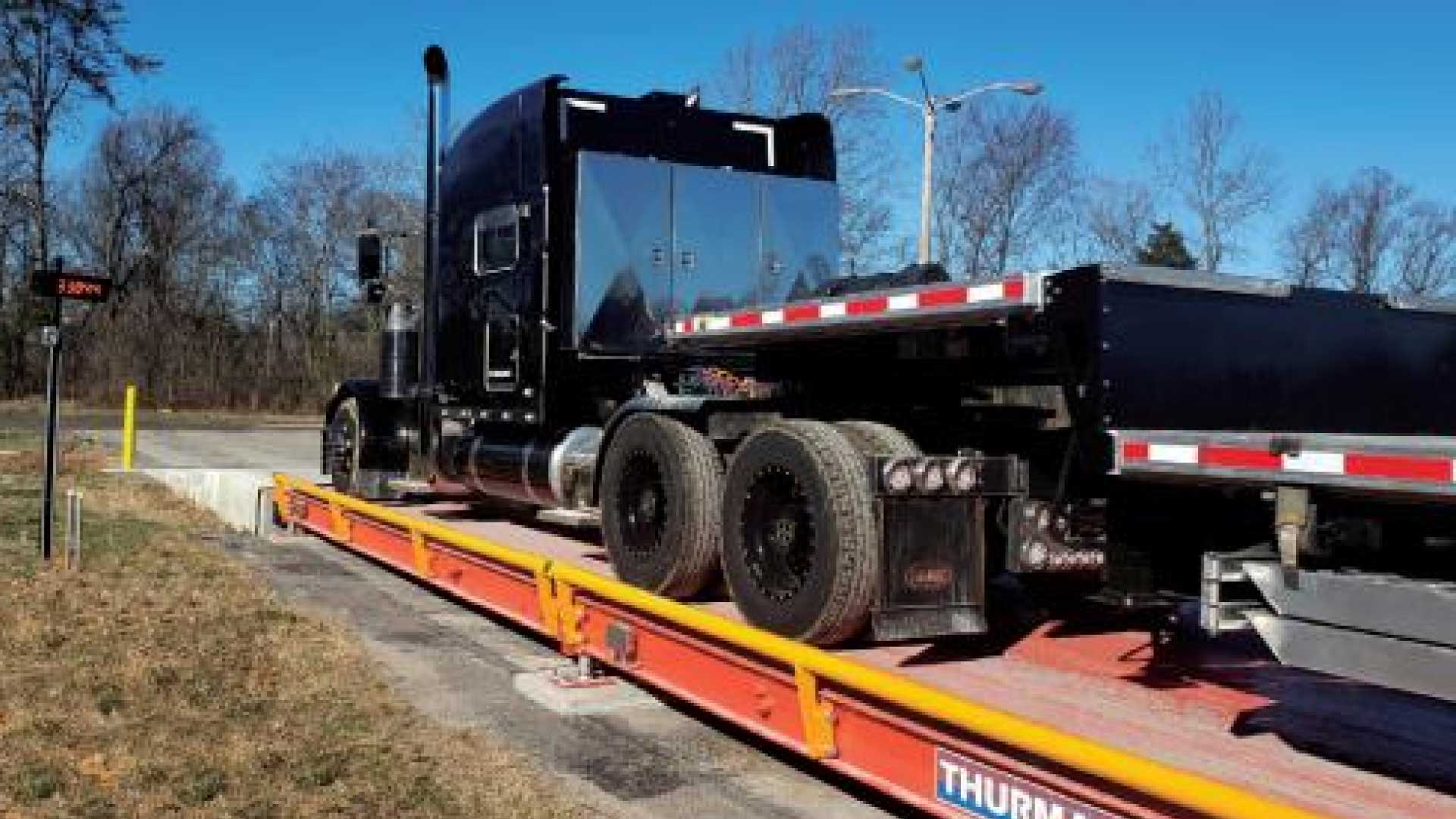
Truck Loading Balance Calibration in Bangladesh
In Bangladesh’s rapidly growing transportation and logistics industry, ensuring the safety and efficiency of truck operations is paramount. One critical aspect that often goes unnoticed is truck loading balance. Improperly balanced loads can lead to accidents, increased fuel consumption, and accelerated wear and tear on vehicles. This is where truck loading balance calibration becomes essential for logistics companies, fleet owners, and drivers.
What is Truck Loading Balance Calibration?
Truck loading balance calibration is the process of ensuring that a truck’s weight is evenly distributed according to its capacity specifications. Every truck has a maximum permissible load for each axle and overall gross weight. If the cargo is unevenly loaded, it can affect the truck’s stability, braking performance, and handling.
Calibration involves using precision instruments and techniques to measure and adjust the distribution of weight. This ensures that trucks operate safely within regulatory limits while optimizing performance and fuel efficiency.
Why Truck Loading Balance is Crucial
-
Safety First – Uneven loads can cause trucks to tip over during sharp turns or sudden braking, leading to fatal accidents.
-
Compliance with Regulations – Bangladesh Road Transport Authority (BRTA) imposes strict guidelines on truck weight limits. Proper calibration ensures compliance, avoiding fines and legal issues.
-
Reduced Vehicle Wear and Tear – Overloaded axles increase tire wear, suspension stress, and maintenance costs. Balanced loading prolongs the lifespan of trucks.
-
Fuel Efficiency – Properly calibrated trucks require less power to move, reducing fuel consumption and operational costs.
-
Cargo Protection – Correct weight distribution prevents cargo damage during transit, ensuring safer delivery and customer satisfaction.
How Truck Loading Balance Calibration Works
Truck loading balance calibration is performed using advanced weighing and monitoring equipment. The process typically includes:
-
Axle Weight Measurement – Using axle scales or portable weighbridges, each axle’s weight is measured to determine load distribution.
-
Load Adjustment – Based on the measurements, cargo is rearranged or secured to achieve an even balance.
-
Calibration Verification – After adjustments, the truck is re-measured to confirm accurate weight distribution.
-
Documentation and Certification – A calibration report is generated for regulatory compliance and fleet management records.
Truck Loading Calibration Services in Bangladesh
In Bangladesh, the demand for professional truck loading calibration services is increasing due to the rapid growth of logistics, construction, and manufacturing sectors. Companies providing these services ensure:
-
Accurate weight measurement using certified equipment
-
Experienced technicians for proper load distribution
-
On-site calibration services for large fleets
-
Compliance with BRTA regulations and international standards
Benefits of Professional Calibration Services
Using professional calibration services has multiple advantages for truck operators:
-
Enhanced Road Safety: Balanced trucks are less prone to accidents.
-
Regulatory Compliance: Avoid penalties and legal issues.
-
Operational Efficiency: Improved fuel consumption and reduced maintenance costs.
-
Reputation Management: Timely and safe delivery enhances client trust.
Why Choose Pico Labs Ltd. for Truck Loading Balance Calibration
At Pico Labs Ltd., we specialize in providing precision calibration services for trucks and commercial vehicles across Bangladesh. With years of experience and state-of-the-art equipment, we help fleet operators and logistics companies ensure safe, efficient, and compliant truck operations.
Our team offers on-site services, detailed calibration reports, and expert guidance for optimizing truck performance. We aim to reduce operational risks, improve vehicle lifespan, and increase overall efficiency for our clients.
Truck loading balance calibration is no longer optional in Bangladesh’s fast-moving logistics industry; it is a necessity. Properly calibrated trucks enhance safety, compliance, and operational efficiency, protecting both cargo and drivers. By partnering with Pico Labs Ltd., businesses can ensure that their trucks are always operating at optimal balance, minimizing risk and maximizing productivity.
